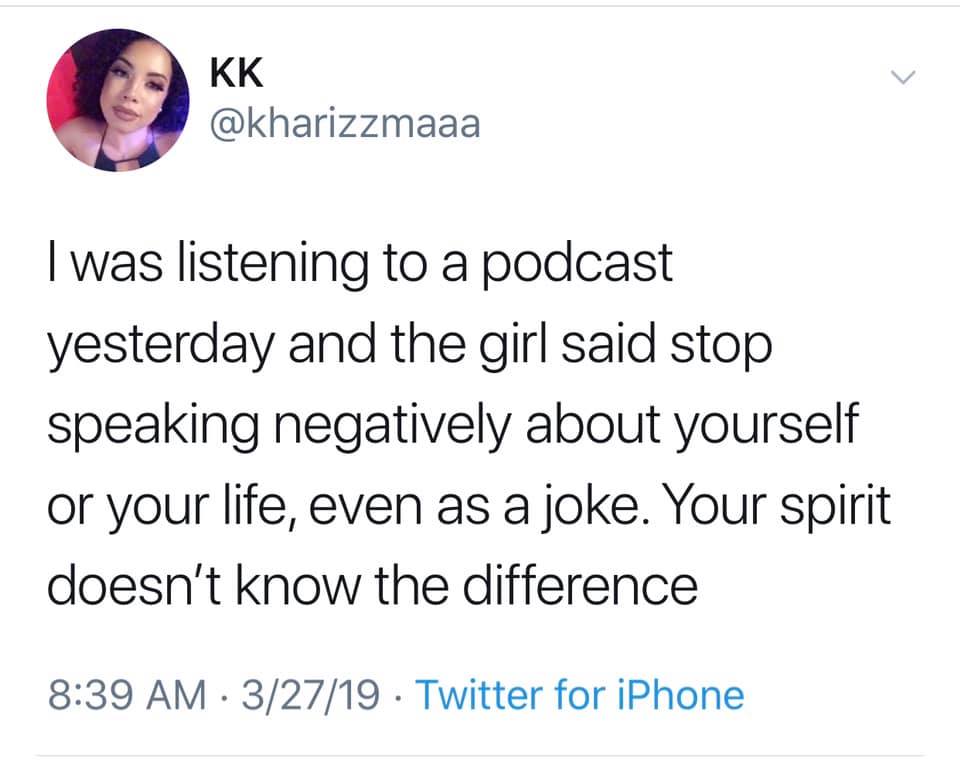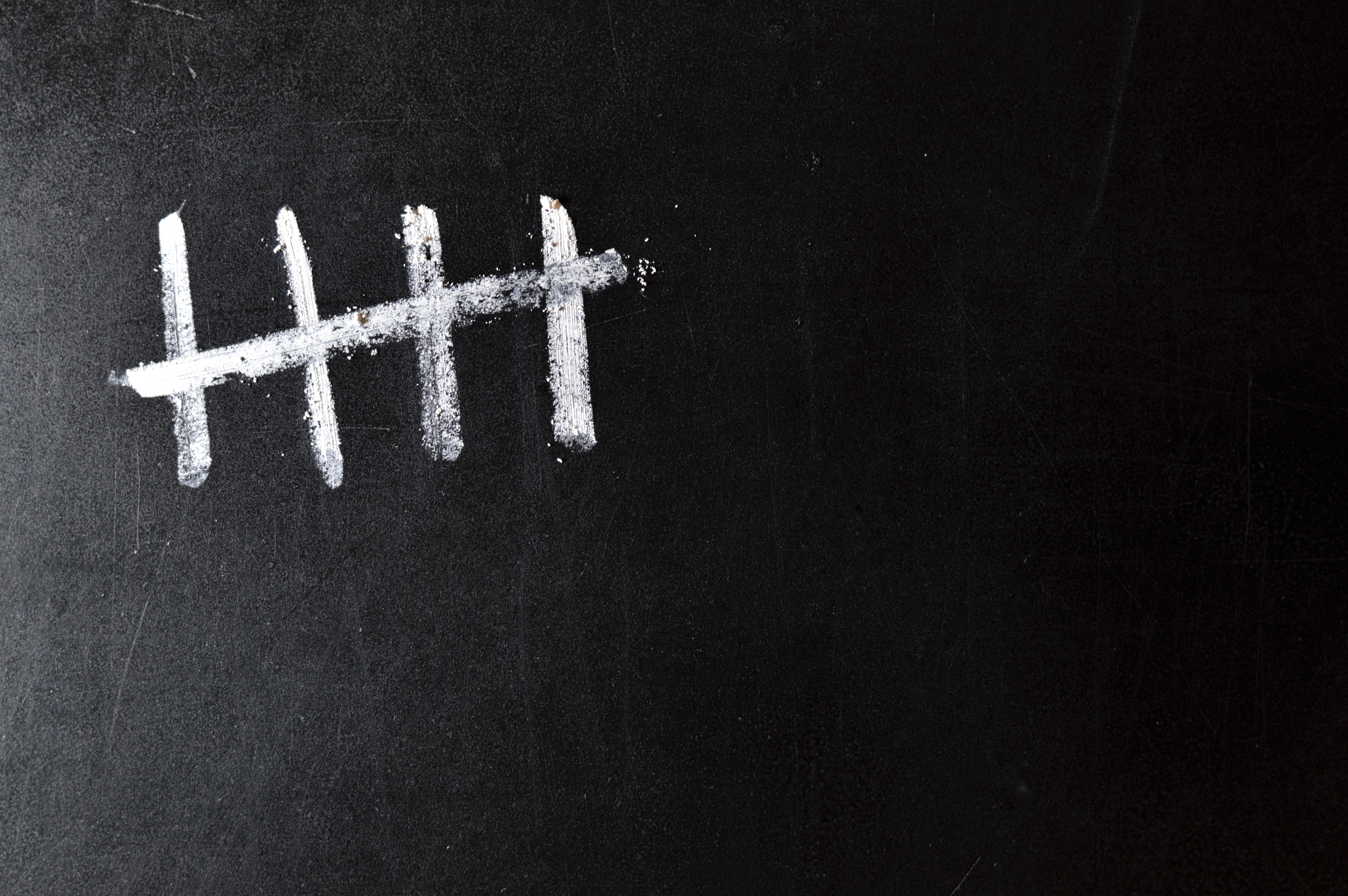
This is actually the first blog post I wrote (well technically the second). It was 2 years ago and I was so excited to start writing about all the ideas I had in my head. I had envisioned how I wanted to help people by writing about finding mental clarity in grad school. And I was so stoked! In a burst of inspiration I wrote a great post, and then it got deleted (didn’t sync between devices). I was so upset. I forced myself to write through my feelings, thus the post below.
I’m finally sharing it now because I re-read it recently and realized how much I still needed the lesson. We often are pressured to immediately shake things off and move on when we’re upset. We are trained to optimize everything, every moment in our lives, even our “unproductive” emotions. But there isn’t anything unproductive about being a whole person. Sometimes we need to sit with what we’re feeling in order to really process it. We need to know that it’s okay to cry.
12/21/2017
I’m super pissed right now. And just a moment ago, I was very upset on the verge of tears. Yesterday I started blogging. Like for real, actually getting this Find Mind Space thing off the ground. I made a goal to write at least 250 words a day, and on my first shot I wrote 998. Yes, nearly 4 times as much. And I just realized it’s all gone. All of it. All nine hundred and ninety eight words, just gone.
At first, I didn’t believe it. I stood up from my chair. Because for some reason if you change the plane of your body, that will get technology to work. (Listen, it makes sense. Sort of). But there I stood, staring at a page without my wonderful blog post. Then I decide to log in to Evernote from my desktop computer in my room. (Again, I know this logic is dumb, but I felt like I had to do something). Anyway, it seems no matter what computer I login to the Evernote cloud has no record of my 998 words. Gone. Even as I write this in google docs, I take these paranoia pauses to see those beloved words above, “All changes saved in Drive.” But I’m getting ahead of myself talking about the solution, let’s get back to the crisis.
Now, in my room, denial washes away and the flood of despair rolls in. I want to just give up. I want to cry like a baby. And for a brief moment I could feel my rational self trying to say, “It’s okay, we gotta move on, no use crying over spilt milk.” But I said No. I won’t suppress this. I want to own it. Sit in it. Feel it. So I shut off the pragmatic counselor and decide to lean into my feelings and let my emotions guide me. I take off my shoes, and curl up on my bed, head on the pillow. I start to cry. I quietly pause and allow the tears to free fall down my cheeks. And I just say to myself,
Why? Why did I have to lose it? Why does it have to be gone? Why didn’t I make sure it saved? Why didn’t I make a back up?
Why…..
Why…am I so upset?
Is it REALLY about the blog post? I mean those 998 words were really quite good, but was it my magnum opus, of course not. So what now? Why are you really crying? This incident struck at something deeper, what is that?
And for the next few moments I lay still and really tried to be introspective. And I realized that it was what this deletion represented, more than the erasure itself. I have felt less than productive as of late. I have been beating myself up a bit about consistent progress and seeing tangible gains. See, in academia you toil all day long, and at the end of the day, week, month, semester, etc. you feel like there’s nothing to show for all your effort. Like it was all for naught. And yet somehow you’re more behind than when you started. But yesterday was a rare victory. I accomplished something. 998 somethings. A thing I could see and point to and say, “Look I was consistent, focused, and driven.” Or to put it less elegantly, “Psst I made dis.” And then it was suddenly snatched from me. I felt the blow was extremely personal. Like Haha Guurrrl, YOU THOUGHT!!! And in that moment staring at my empty blog post, I felt like a failure. Like I had taken 1 step forward, and 2 steps back.
Once I knew what was actually happening, I could then really process how I was feeling and how to move forward. In fact, I started planning this very blog post. I first off, had to be practical. I decided that I wouldn’t draft anything in Evernote EVER again, as long as I stay black. Because I already noticed that it hadn’t saved my work a few times in the past. And so, I’m reclaiming my time. I decided Google Drive was safe, because I’ve never lost anything here. Next, I decided to take a deep breath and show myself some compassion. I chose to remember the energy and excitement I had yesterday. And tell myself that I can still harness that now, despite the setback, because now I’m wiser. I’ve learned a valuable lesson, and I can move on stronger and smarter.
At this point, I can allow my rational pragmatic negotiator back in the room. I am ready to process just how small and insignificant this setback was. And here I am, delivering on my promise to myself, 788 words and counting.
We’re so trained to “handle” everything. We’re told we need to suck it up buttercup and keep moving cause life is hard, yada yada yada. But life IS hard, and sometimes it makes you cry. Don’t fight it. Allow yourself to cry, scream into a pillow, put on your boxing gloves and go to town on that punching bag in the garage. Let it out, and then let yourself in. Really dive in and find out what is the root of all this. Most likely it won’t be the trivial thing that started it in the first place. But don’t trivialize your feelings and assume because the eliciting incident is small that nothing lies beneath that you need to address.
It’s okay to cry. Give yourself the permission and the space to work through your feelings. Try to find the truth. And as always, find your mind space.





